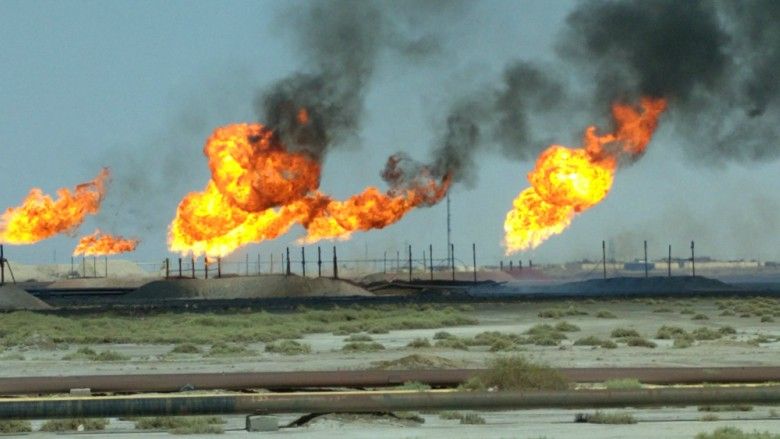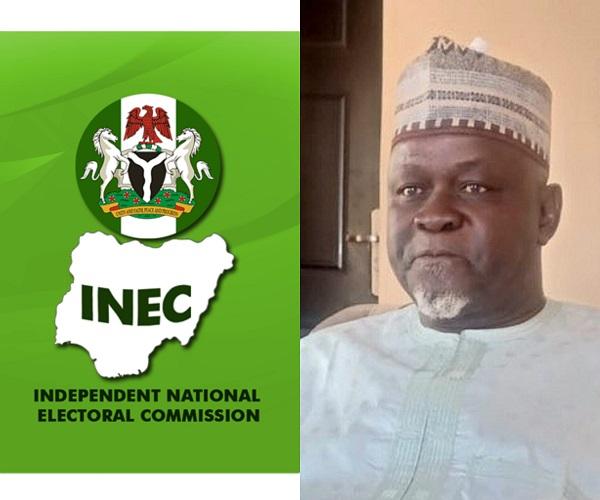
The Nigerian Upstream Petroleum Regulatory Commission (NUPRC) has unveiled a bold gas-centric transition strategy targeting the elimination of routine gas flaring by 2030 and a 60 percent reduction in methane emissions by 2031.
Gbenga Komolafe, the Commission’s Chief Executive Officer, announced the plan during the 24th Nigeria Oil and Gas Energy Week conference 2025, held on Wednesday.
In his keynote address at the session titled “Positioning Nigeria’s Upstream Oil & Gas for Energy Security, Sustainability and Economic Resilience,” Komolafe highlighted that the strategy aims to unlock the country’s vast gas reserves while generating thousands of green jobs.
He noted that the transition plan is supported by several flagship initiatives including the Decade of Gas, the Nigeria Gas Flare Commercialisation Programme, and the Presidential Compressed Natural Gas (CNG) Initiative.
“Nigeria is expanding its Liquefied Natural Gas (LNG) capacity, deploying floating infrastructure, and spearheading cross-border pipeline projects to fuel not only its own economy but Africa’s industrial renaissance,” Komolafe stated.
Central to this vision is Nigeria’s Upstream Decarbonisation Framework, which integrates emissions tracking, Measurement, Reporting, and Verification (MRV) systems, carbon capture technologies, and access to climate finance through emerging carbon markets.
“These measures are not merely policies; they represent real opportunities for investment, innovation, and inclusive growth,” he emphasized.
The CEO also recalled that in March 2025, NUPRC inaugurated the Decarbonisation and Energy Sustainability Forum and officially designated March 18 as Nigeria’s Upstream Decarbonisation Day. This annual event will serve as a platform for stakeholders to monitor progress, share insights, and fast-track climate-aligned development in the sector.
“Interestingly, we are transforming emissions reduction into new revenue streams via a growing ecosystem of carbon services, including monitoring, consulting, and technology deployment, all while upholding stringent environmental standards and asset integrity,” Komolafe added.





